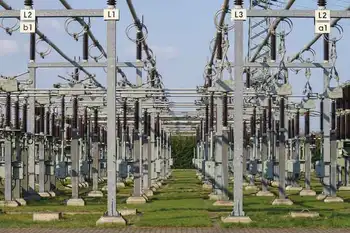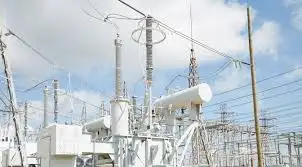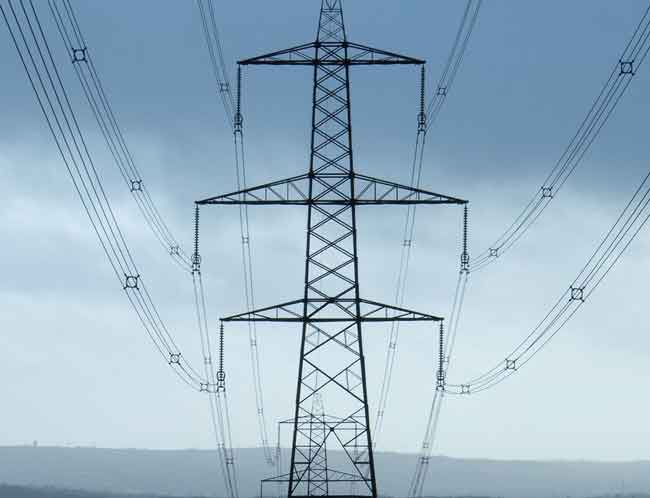Duke reaches “smart meters” settlement
Under the settlement involving Duke, the Indiana Office of Utility Consumer Counselor, Nucor Steel and the Citizens Action Coalition of Indiana and others, the deployment of the so-called "smart meters" will be slower than proposed.
Rate increases associated with the meter launch would also be delayed.
The settlement requires Duke to work with the other parties in the settlement on the utility's schedule for installing the meters.
Duke said meter installation will begin January 1, but that it will take five to six years to deploy the systems to 775,000 customers in a 69-county service area.
The digital devices allow two-way communication between the utility and a home or business, recording energy consumption in more detail than a conventional meter.
Charlotte, N.C.-based Duke, Indiana's largest power utility, has said the meters will potentially save energy, automate meter reading and detect trouble before outages occur.
And because the meters can read remotely and measure in real time the amount of electricity flowing into a home, they can immediately detect when an individual customer loses power.
If the Indiana Utility Regulatory Commission approves the settlement, Duke customers would see a 5.5 percent increase in their bills by June 30, 2015.
A typical residential customer currently pays $97.20 per month.
Jim Stanley, president of Duke Energy Indiana, said the smart grid will transform how the system operates, "improving customer service, power reliability, and the efficiency of our transmission and distribution system."
Grant Smith, executive director of Citizens Action Coalition of Indiana, said that while there's a cost to the public, it isn't as much as it could have been.
He said the system will be more environmentally responsible, delaying the costs of building new plants and encouraging renewable energy.
Potentially, the system also would allow customers who use solar power or other alternative energy sources to sell excess power to the utility. There's also the potential for time-of-day pricing that charges higher rates during peak hours but less in other times, allowing customers to control costs.
Duke said it plans to apply for economic stimulus funds to help offset the costs associated with the smart grid upgrades.
The state utility regulatory commission has been studying smart-grid use by all energy utilities, said Rich Higgins, executive director of technical services for the Indiana Office of Utility Consumer Counselor.
Related News

Manitoba Government Extends Pause on New Cryptocurrency Connections
WINNIPEG - The Manitoba government has temporarily suspended approving new electricity service connections for cryptocurrency mining operations. The decision comes as the province grapples with the cryptocurrency industry's growing energy demands and potential impact on electricity rates for residents and businesses.
The Original Pause
The pause was initially imposed in November 2022 due to concerns that the rapid influx of cryptocurrency mining operations could place significant strain on the province's electrical grid. Manitoba Hydro, the province's primary electric utility, warned that unregulated expansion of the industry could necessitate billions of dollars in infrastructure investments, potentially driving up electricity…




